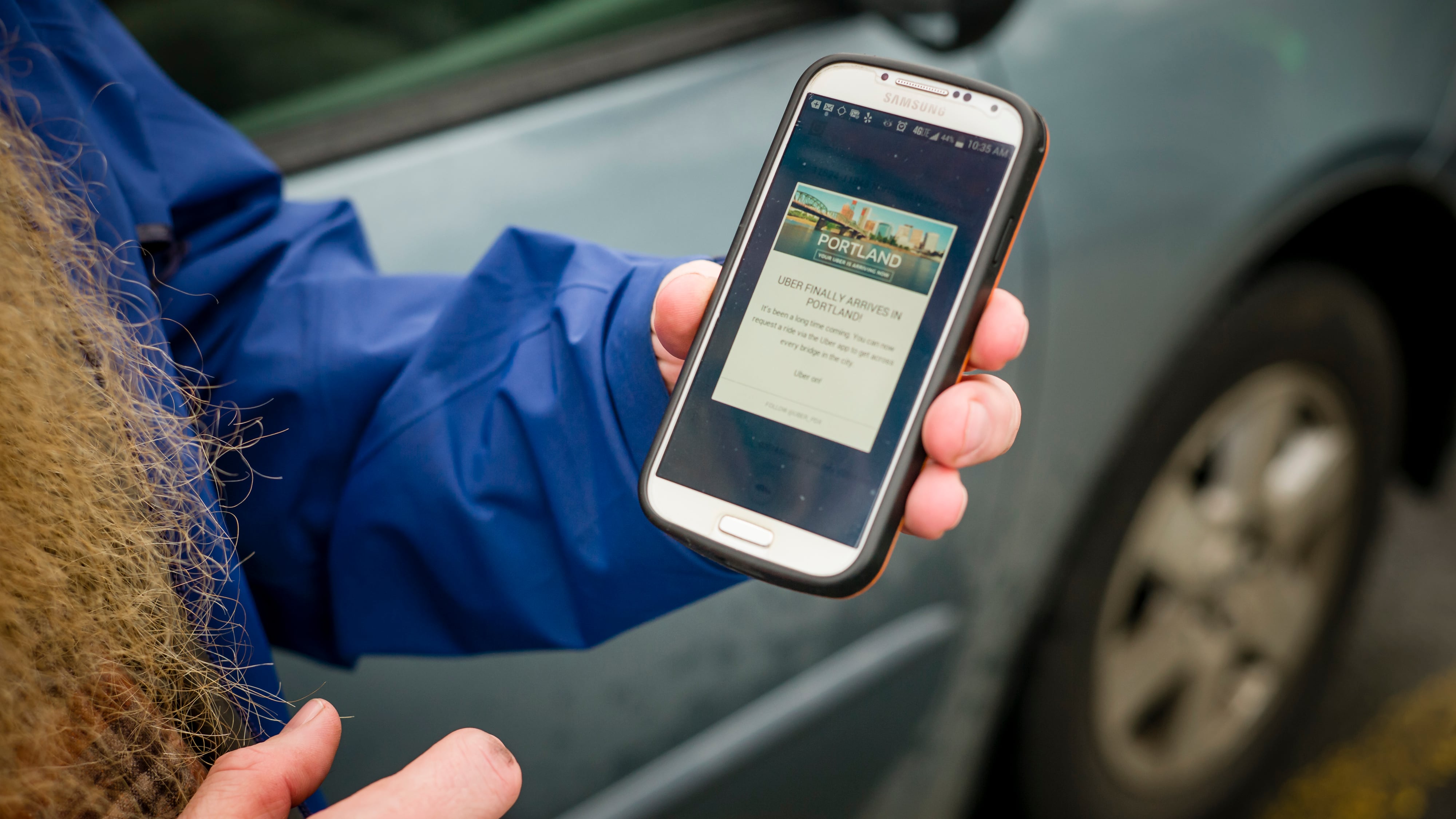November 2016 was a bad election for, among others, the ride-hailing business in Portland.
Mayor Charlie Hales and City Commissioner Steve Novick, two of the three commissioners who voted to allow the companies into the city, were replaced by Mayor Ted Wheeler and Commissioner Chloe Eudaly—elected officials who were more critical of the companies.
The companies are hoping for smoother roads ahead, and a new poll offers some reason to be optimistic, even as the third vote to approve the companies' entrance into the city—City Commissioner Dan Saltzman—is retiring.
City Commissioner Nick Fish, who has been critical of the companies' approach, is also up for reelection.
The poll, commissioned by the Portland Business Alliance and conducted by DHM Research, shows that 59 percent of likely voters in Portland wanted the companies to stay. (It polled 253 likely Portland voters and had a 6.2 percentage point margin of error.)
It also found that 49 percent say "forcing" the companies " to leave" would make them "less likely" to support "a City Commissioner's reelection." Another 10 percent that it would them more likely to support the candidate; 40 percent don't know.
It's the kind of poll question that looks like an attempt to push a candidate toward a particularly position, given that Fish has no well-funded challengers.
And yet it's not immediately clear why PBA would ask that particular question. The poll, at least as the copy obtained by WW, did not ask questions that correspond with the regulations currently being considered by City Hall, including increasing insurance requirements for drivers and increasing penalties on the companies for evading regulators.
City Council, even with four more critical voices on Uber and Lyft, has not moved to ban the company. There appears to be a recognition that the companies have become a feature of Portland transportation. Fish himself sometimes relies on Lyft for transportation.
"I want to protect consumers and workers," Fish told WW via text message. "Not BAN anyone!"

